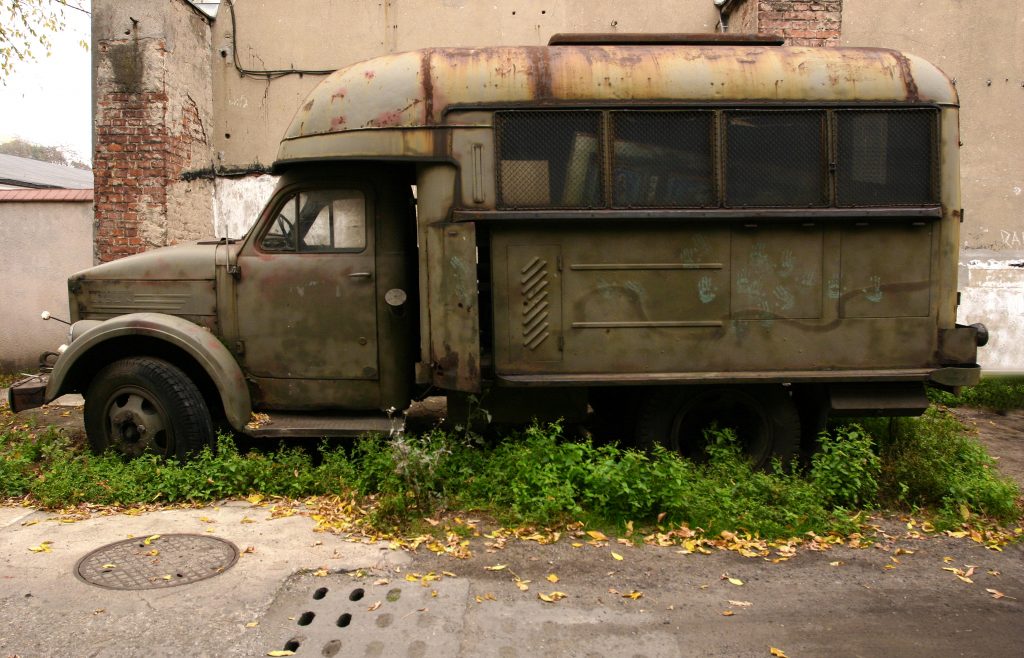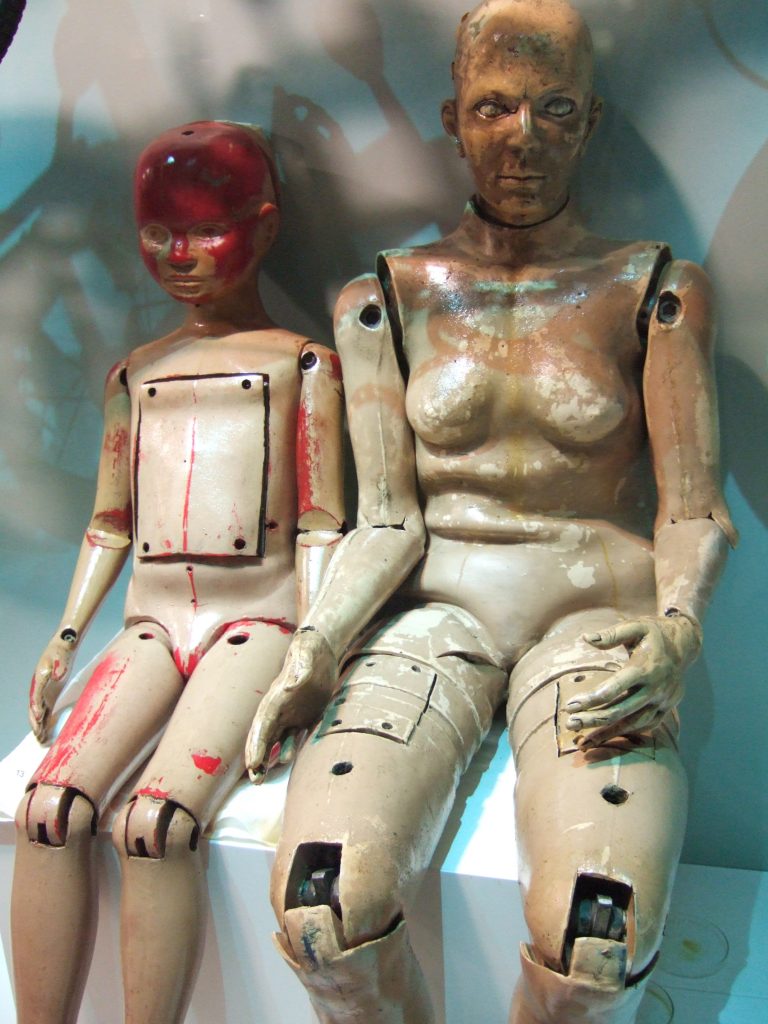
In Louisiana, you cannot “disinherit” your children. What does this mean exactly? It means that upon death, Louisiana law will allow a decedent’s children to share in his or her estate, even if the decedent left those children out as beneficiaries. The left-out children are called “forced heirs,” and will take a portion of the decedent’s estate (called the “legitime” or “forced portion”) unless the decedent has a just cause for leaving them out. La. C.C. art. 1494. A recent case of the Louisiana First Circuit Court of Appeal describes the rights of forced heirs to take in a decedent’s estate.
This case arose out of the death of Geronimo Ji Jaga, and the division of his annuity account at Western National Insurance Company. Mr. Ji Jaga had five children from various marriages: Shona Pratt, Hiroji Pratt, Nikki Michaux, Kayode Ji Jaga, and Tkumsah Geronimo Jaga. He named his eldest two children, Shona and Hiroji (“the Pratts”), as the beneficiaries to the annuity. After Mr. Ji Jaga’s death, one of his surviving spouses – Jojuyounghi Cleaver – filed a lawsuit in the Parish of St. Mary against Wester National alleging that her son, Kayode, should be considered a forced heir and entitled to share in the annuity.
In response, Western National filed asserted that the Pratts, the named beneficiaries of the annuity, should be joined in the lawsuit. After Mrs. Cleaver amended her petition adding the Pratts as defendants, the Pratts filed, among other exceptions, a peremptory exception of no cause of action. Tkumsah’s mother, Laila Minja, later filed a petition to intervene. She claimed that Tkumsuh was also a forced heir. The Pratts filed the same exceptions against Mrs. Minja as they did against Mrs. Cleaver. The Trial Court sustained the Pratt’s exception of no cause of action and dismissed Mrs. Cleavers’ and Mrs. Minja’s claims. The Trial Court considered the Pratt’s other exceptions as moot. Mrs. Cleaver and Mrs. Minja appealed the Trial Court’s judgment.
 Louisiana Personal Injury Lawyer Blog
Louisiana Personal Injury Lawyer Blog



 Courts are not perfect, and sometimes they do not always render the correct decision. When a court makes an error in their judgment it can be very frustrating for all of the parties involved. Error can be very costly especially when a major issue, like finding coverage for a victim of an automobile accident under an umbrella insurance policy, needs to be determined. Both the plaintiff and defendant wants the court to look in their favor, but it is also the responsibility of the court to make an error free and accurate decision that is fair and just to both sides.
Courts are not perfect, and sometimes they do not always render the correct decision. When a court makes an error in their judgment it can be very frustrating for all of the parties involved. Error can be very costly especially when a major issue, like finding coverage for a victim of an automobile accident under an umbrella insurance policy, needs to be determined. Both the plaintiff and defendant wants the court to look in their favor, but it is also the responsibility of the court to make an error free and accurate decision that is fair and just to both sides.  Has your business sought to avoid litigation over its insured business activities by negotiating an out of court settlement? Louisiana business Meyers Warehouse, Inc. (“Meyers) pursued this route assuming its insurer, Canal Indemnity Company (“Canal”), would join Meyers in settlement negotiations. However, to its surprise, Canal refused to participate in Meyers’s defense. Unfortunately for Meyers, it misinterpreted key terms within its insurance policy specifying when Canal’s duty to defend it against claims and lawsuits arises.
Has your business sought to avoid litigation over its insured business activities by negotiating an out of court settlement? Louisiana business Meyers Warehouse, Inc. (“Meyers) pursued this route assuming its insurer, Canal Indemnity Company (“Canal”), would join Meyers in settlement negotiations. However, to its surprise, Canal refused to participate in Meyers’s defense. Unfortunately for Meyers, it misinterpreted key terms within its insurance policy specifying when Canal’s duty to defend it against claims and lawsuits arises. Car accidents are among the most common reasons for a lawsuit. An average car accident is often difficult to conclude which party is at fault. Issues are further complicated if insurance claims are involved. Who is truly at fault for the accident if a vehicle malfunctioned? A trial becomes increasingly complex if a Plaintiff claims that a company is at fault for his injuries. Specific elements are required for a successful trial.
Car accidents are among the most common reasons for a lawsuit. An average car accident is often difficult to conclude which party is at fault. Issues are further complicated if insurance claims are involved. Who is truly at fault for the accident if a vehicle malfunctioned? A trial becomes increasingly complex if a Plaintiff claims that a company is at fault for his injuries. Specific elements are required for a successful trial.  Accidents occur in daily life. Often, severe injuries result. However, prison accidents rarely are discussed. Prisoners who are victims of accidents while serving time are often provided with the same legal protections as an average person.
Accidents occur in daily life. Often, severe injuries result. However, prison accidents rarely are discussed. Prisoners who are victims of accidents while serving time are often provided with the same legal protections as an average person. 
 Recently, the Louisiana Fifth Circuit Court of Appeals increased a trial court’s award of damages to a plaintiff in a negligence action against Walgreens. Negligence involves showing the court that one person (or company) failed to do their duty—and as a result, someone was hurt. In this case, Peggy Williams asked her son Derrick to pick up a medication for her from the Walgreens pharmacy in Gretna. Walgreens’ pharmacist handed Derrick another person’s medication, and Ms. Williams took the pills without noticing the mistake. As a result, she suffered several strokes and long-term loss of physical capacity. The jury found that Ms. Williams and her son were 40% at fault, and that Walgreens was 60% at fault for the harms Ms. Williams suffered.
Recently, the Louisiana Fifth Circuit Court of Appeals increased a trial court’s award of damages to a plaintiff in a negligence action against Walgreens. Negligence involves showing the court that one person (or company) failed to do their duty—and as a result, someone was hurt. In this case, Peggy Williams asked her son Derrick to pick up a medication for her from the Walgreens pharmacy in Gretna. Walgreens’ pharmacist handed Derrick another person’s medication, and Ms. Williams took the pills without noticing the mistake. As a result, she suffered several strokes and long-term loss of physical capacity. The jury found that Ms. Williams and her son were 40% at fault, and that Walgreens was 60% at fault for the harms Ms. Williams suffered. Many people have nightmares of falling and nobody being there to catch them. For Tommie Hebert, that nightmare became a reality when he fell from a moving helicopter, landing directly on his back, causing severe injuries such as a broken back and a damaged hip that would likely require replacement. To make matters worse, the company he worked for, Industrial, was not there to catch him.
Many people have nightmares of falling and nobody being there to catch them. For Tommie Hebert, that nightmare became a reality when he fell from a moving helicopter, landing directly on his back, causing severe injuries such as a broken back and a damaged hip that would likely require replacement. To make matters worse, the company he worked for, Industrial, was not there to catch him. If you are injured while at work, there are many paths that you may take for financial relief. The path that you choose along with how you navigate that path will be a decision that will affect you for the rest of your life. The following case out of Tangipahoa parish demonstrates why it is necessary in workers compensation cases to comply with certain orders and if you don’t why objections to rulings based on your lack of responses will not be considered.
If you are injured while at work, there are many paths that you may take for financial relief. The path that you choose along with how you navigate that path will be a decision that will affect you for the rest of your life. The following case out of Tangipahoa parish demonstrates why it is necessary in workers compensation cases to comply with certain orders and if you don’t why objections to rulings based on your lack of responses will not be considered.